If you’re seeking a snapshot of the moral decline and profound ugliness brought upon this tiny island nation by a decade of misrule, a visit to Paceville’s coastal party district might serve that purpose.
The air is filled with sickly, meaty smells, house music reverberates behind high walls, and hordes of tourists patronize strip clubs in awkward new buildings that, like ominous vines, are beginning to spread into the district’s neighboring suburbs.
“It’s grab, grab, grab,” complained local Mayor Noel Muscat, who was incensed last year over plans for a massive luxury hotel near his quiet constituency of Swieqi. He stated that the structure was both highly unpopular and conceptually flawed: a tower so large it would cast a shadow over the very fragment of beach developers hope affluent clients will pay dearly to access.
Nevertheless, most residents are likely to support it, he said — simply content that the value of their own nearby properties will increase.
Since former premier Joseph Muscat (unrelated to Noel) assumed power in 2013, this small Mediterranean island nation has experienced an impressive economic boom, driven by an unabashed effort to attract the world’s rich. This exuberant growth has led to serious deformities — most noticeably in the nation’s increasingly stunted living environment.
In towns like Paceville and many others, exhausted locals lament that influential construction firms have been allowed to disregard politicians and planning laws, creating intimidating skylines over the tiny island’s formerly pristine coast while crucial infrastructure decays. Politics has deteriorated alongside, resulting in continuous corruption scandals and a persistent sense of impunity as major trials continued to yield no high-level convictions. A Eurobarometer survey last year in Malta revealed that around 95 percent of respondents believed corruption to be “widespread.”
This began to change in May 2024 when Joseph Muscat and 33 others were indicted in relation to a widespread international fraud that seemed emblematic of this disregard for Malta’s towns and cities. High-ranking officials, including the former premier, were accused of embezzling thousands of euros in taxpayer funds designated for the overhaul of three dilapidated state-run hospitals. They deny the charges.
To activists, the scope of the so-called Vitals case offered the first significant opportunity to hold accountable a government they claim spent the past decade exploiting the public purse without fear of repercussions. Yet, as proceedings drag on inconclusively after a year and a half, there is growing concern about the trial’s prospects, which have stalled amidst numerous perplexing procedural errors and a fierce political counterattack. An opaque and susceptible justice system has left prosecutors struggling with a flawed charge sheet, while the government, despite its detractors, continues to outperform the weak opposition, enjoying steadfast support from sections of the population that have thrived under its policies.
As change seems increasingly unlikely, it raises an unsettling question: When corruption becomes so profitable that it embeds itself at the heart of politics, can it ever be eradicated?
Original Sin
Situated between Sicily and North Africa, Malta’s half-a-million residents inhabit a sprawling urban area barely a fifth the size of London — more a city-state than a country, stranded in the Mediterranean, indelibly shaped by millennia of foreign rule.
From 40,000 feet above sea level, that history unfolds as an almost continuous series of parchment-yellow settlements stretching from coast to coast across three tiny islands, interspersed with patches of dry scrub and deep red soil from which little thrives. On closer examination, you’ll see the diverse architectural legacy of various imperial invaders — the Phoenicians, Romans, Normans, Arabs, Spanish Habsburgs, Napoleon, and the British Empire — and their baroque palaces, Umayyad forts, and colonial barracks.
Since the British departure in 1964, the island’s residents have been striving to carve out a homegrown national identity beyond textiles and piracy. The 20th century witnessed a fierce battle over language, political violence, and a prolonged flirtation with Libya-style nonalignment. In 2004, the country finally hitched its fortunes to Europe with its entry into the EU, but its true transformation began in 2013 with Joseph Muscat’s election on a sweeping platform of renewal following years of economic hardship.
Muscat was the vibrant young leader of the Labour Party, one of two century-old factions, alongside the Nationalist Party, commanding devoted support bases in Malta. Muscat’s approach was to leverage the tiny nation’s new access to the world’s largest trading bloc, catering to a burgeoning, itinerant global elite. Under his leadership, the government radically altered its business model, selling passports to affluent foreigners and simplifying the establishment of financial services, crypto, and internet gaming firms that could then operate across the EU.
Malta quickly became a haven for international investors. Between 2013 and 2024, the stock of foreign direct investment — much of it in shell companies



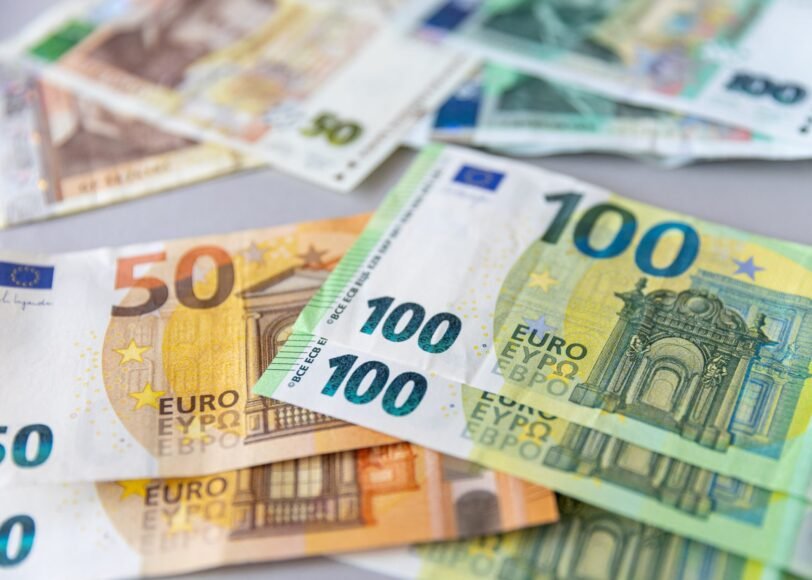
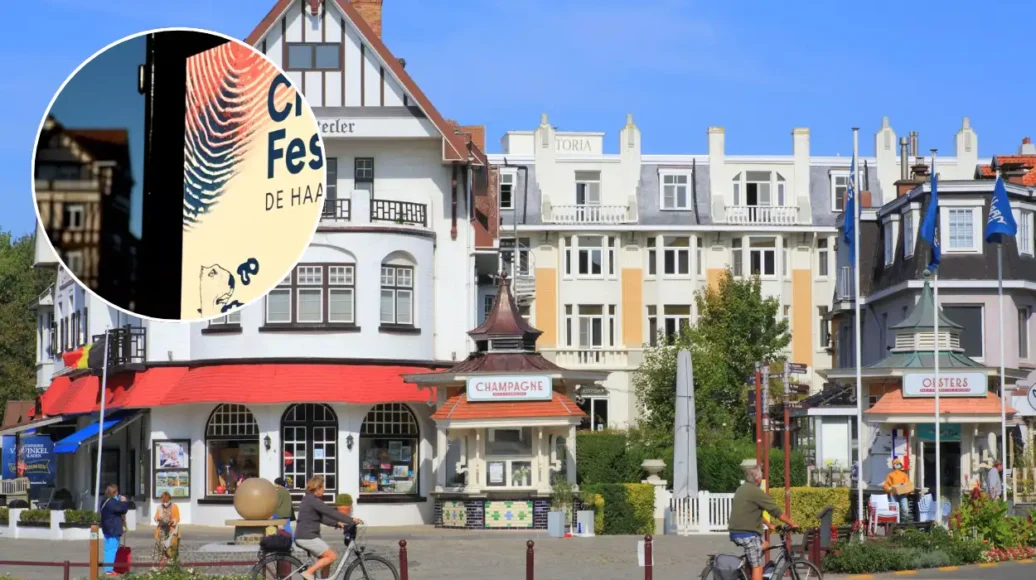

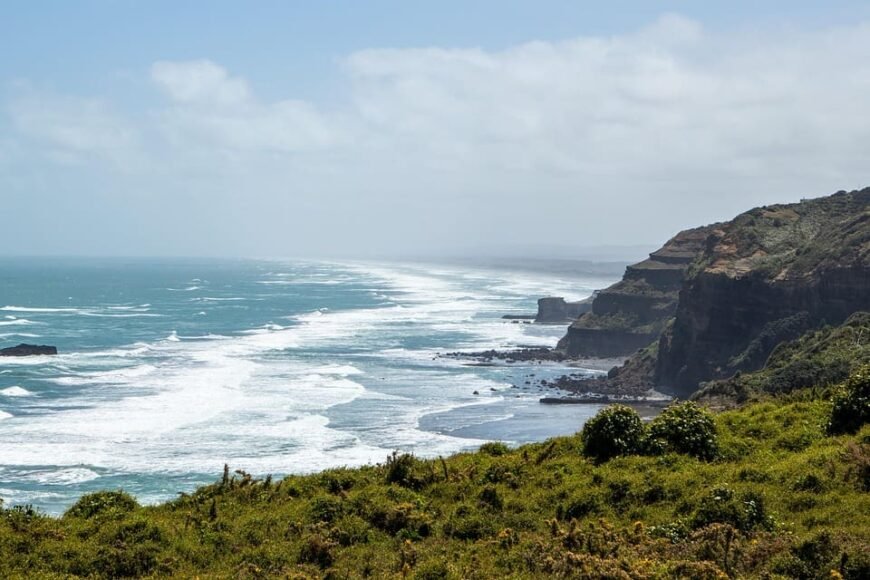

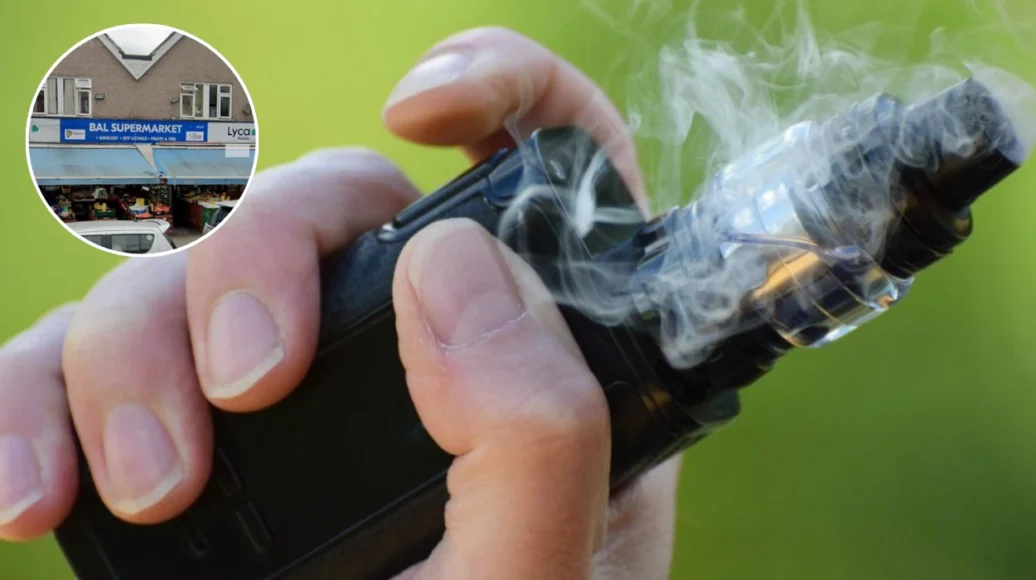
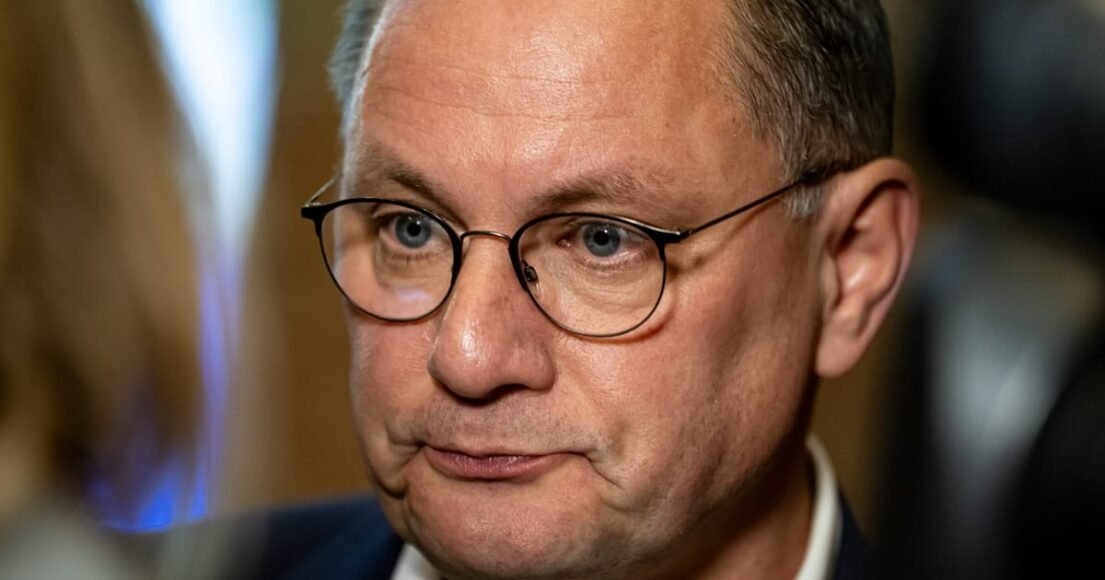

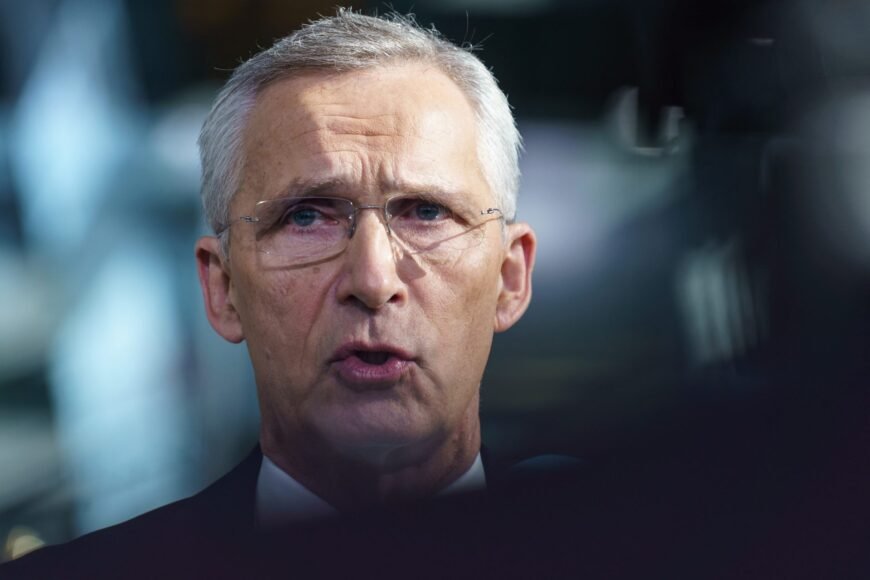

Leave a Reply